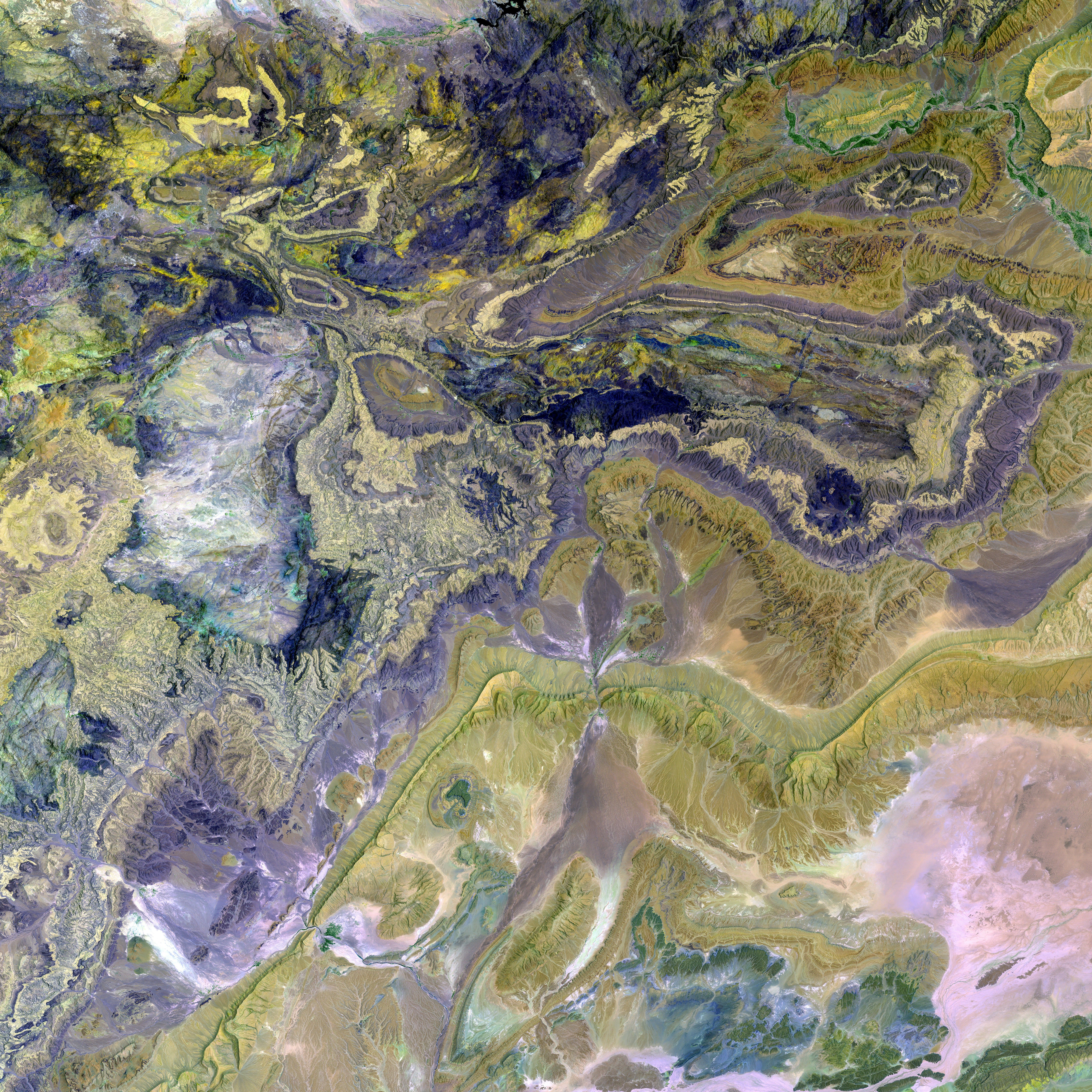Navigating the Dry Spell: AI-Assisted Farming for Drought-Resistant Crops
AI's Role in Aiding Farmers during Severe Drought Conditions
Facing the Heat: Agricultural Struggles in the Era of Climate Change
The beating sun and scorching temperatures can wreak havoc on farms, especially in the face of climate change. As spring showers elude us, the ground is left arid and parched. A daunting reminder of the past echoes through Germany: the drought summers of 2018 and 2019, with their severe heat damage, heralded the need for a change. Although harvest in 2025 is not immediately at risk, nature is already running on empty, and the need for agricultural adaptation is becoming increasingly pressing — and AI is poised to play a significant role.
The average rainfall over the last month? A mere 60 liters per square meter — a mere third of the usual spring rainfall. Farmers are now waiting, praying for the rain, as their crops are increasingly straining under the drought. Rapeseed and cereals, in particular, need water now, according to crop expert Frank Schiffner, speaking to ntv.de.
The impact of the drought has been especially severe in the northern regions. In some areas, only ten percent of the expected rainfall was recorded. "The water reserves are depleting, even in deeper layers," says Schiffner. The consequences? Stunted side shoots, malformed pods, stagnating growth, and small grains in the ears, all of which might lead to lower yields both in quality and quantity.
Katrin Drastig, an expert at the Leibniz Institute for Agricultural Technology and Bioeconomics in Potsdam, echoes this concern. "If it doesn't rain soon, we're likely to face problems with uneven growth and patchy stands," she warns in a conversation with ntv.de. While it's still too early to speak definitively about yield losses, summer crops now urgently need water, with key growth phases requiring optimal moisture levels to thrive.
The current situation on the fields is relatively stable, due to the wet years of 2023 and 2024 and the farmers' ability to retain water in the soil through soil preparation. However, even this water is running dry, as the drought monitor from the Helmholtz Institute clearly reveals. Mother Nature is not only parched but also running on fumes.
A Tech-Savvy Solution: Artificial Intelligence to the Rescue
As the world warms, farmers must adapt, and keeping the status quo is no longer an option, according to Drastig. "Groundwater recharge is waning," and rainfall patterns are shifting, leaving us waterless when we need it most. "Water scarcity in the spring and summer is a significant concern," explains the expert. "Increased winter rainfall doesn't always help, as there's still an increased rate of evaporation as temperatures rise."
Conventional solutions like irrigation can be problematic. In areas like the northeast, most farmers lack the technical prerequisites and the water rights to irrigate their lands. Moreover, water is not free — it costs money, and energy to power the pumps needed for irrigation must also be considered. Given these constraints, an alternative approach is required, and AI might just be the answer we've been looking for.
"Precision irrigation using AI is an emerging market," says Drastig. "With proper irrigation management, we could potentially save enormous amounts of water through computer-controlled irrigation regimes that take into account the specific needs of individual crops." Advanced computer systems could provide targeted irrigation recommendations, ensuring crops receive just the right amount of water at the right time.
Furthermore, AI can help farmers make informed decisions regarding water usage by analyzing big data, which is becoming increasingly important on the farm. Machines can learn to predict soil moisture levels and optimize irrigation plans through the clever use of machine learning, paving the way for a greener agricultural future.
A Changing Landscape: The Role of AI in the Farm of Tomorrow
It might not be long before the appearance of our fields shifts dramatically. The growing need for drought-resistant crops has sparked a surge in research into crops that can stand up to water scarcity. "Expanding crop rotations in Germany and Europe with more plants — especially legumes (pulses) — is key to resilient agriculture," summarizes Drastig. "We might also consider crops that germinate earlier or look at cover crops that can handle dry periods better, like chickpeas."
By integrating AI into agricultural practices, we can confront the challenges posed by changing climate patterns head-on and ensure the sustainability of our crops for generations to come.
References:1. Sotoudeh, N. (2022, April 30). Spring Drought Increases Stress on Cereal Crops, Rapeseed, Hops, and Vineyards | Ruhr Universtity Bochum | ScienceNews. Retrieved June 10, 2022, from https://www.ruhr-uni-bochum.de/presse/news/aktuell/centrales-presse/archiv-2022/Spring-Drought-Increases-Stress-on-Cereal-Crops-Rapeseed-Hops-and-Vineyards
- German Farmers Bet on Deep Rooted Winter Crops to Overcome Drought. (2022, May 20). Ranchos de Talpa. Retrieved June 10, 2022, from https://www.ranchosdetalpa.com/2022/05/20/german-farmers-bet-on-deep-rooted-winter-crops-to-overcome-drought/
- Phytech Raises $55m Series C to Scale AI-Powered Solutions for Growers Worldwide. (2021, March 23). AgFunder News. Retrieved June 10, 2022, from https://agfundernews.com/phytech-raises-55m-series-c-to-scale-ai-powered-solutions-for-growers-worldwide/
- Gupta, N. (2019, September 30). How Has Artificial Intelligence Benefited Agriculture? Forbes. Retrieved June 10, 2022, from https://www.forbes.com/sites/neilgupta/2019/10/01/how-has-artificial-intelligence-benefited-agriculture/?sh=7a1f03c73e6f
- Deschenes, K., Haas, K., & Street, M. (2021, February 3).7 Precision Agriculture Technologies for a Sustainable Future | Lewan Technology. Retrieved June 10, 2022, from https://www.lewantechnology.com/7-precision-agriculture-technologies-for-a-sustainable-future/
The adoption of AI-assisted farming technologies becomes increasingly crucial as drought conditions challenge the agricultural industry. This technological advancement could aid in optimizing irrigation, ensuring crops receive the right amount of water at the right time, ultimately saving precious water resources (science, technology, artificial-intelligence).
Furthermore, the environmental policy ought to incorporate support for drought-resistant crops and farming practices that adapt to climate change, such as expanding crop rotations with legumes and considering earlier-germinating crops or cover crops like chickpeas, which are more resilient in dry periods (community policy, environment, environment, environment, environment).




